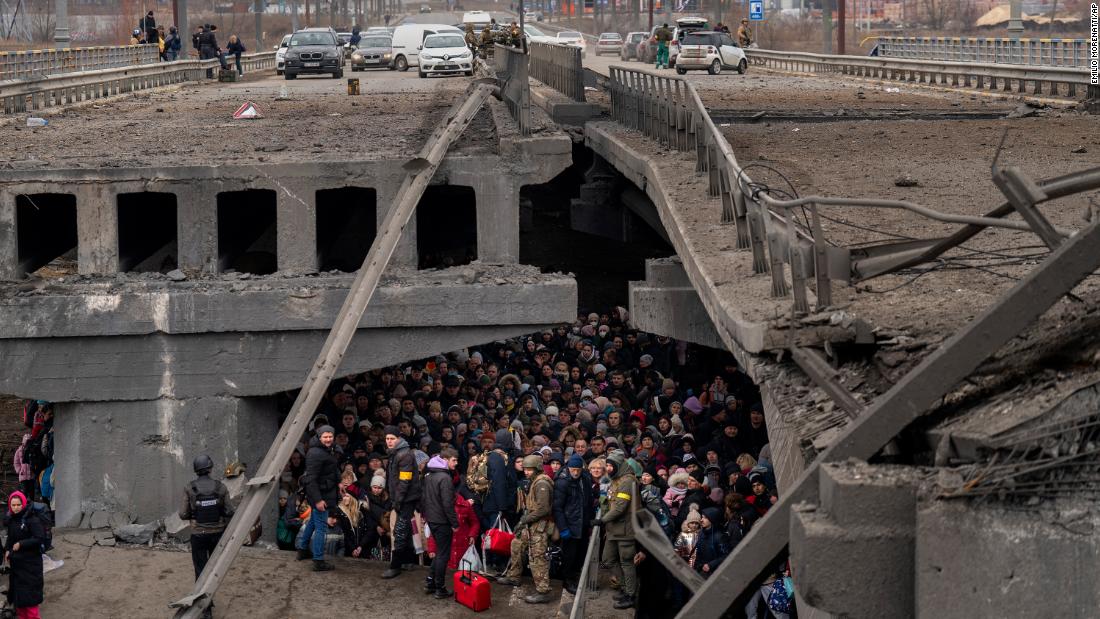The Post-Roe World: Challenging the Trigger Bans
Abortion clinics in some states are successfully filing for temporary restraining orders on trigger laws banning abortion that went into effect after the Supreme Court’s June 24 decision. Here is a partial list showing the current landscape.

Abortion clinics in some states are successfully filing for temporary restraining orders on trigger laws banning abortion that went into effect after the Supreme Court’s June 24 decision on Dobbs v. Jackson Women’s Health Organization.
The decision overturned Roe v. Wade and Planned Parenthood v. Casey and removed federal protections for a person’s right to an abortion, clearing the way for both trigger laws and inactive laws that were never formally repealed by state legislators that ban abortion.
Texas
A judge in Harris County has granted a temporary restraining order against the state’s formerly inactive abortion ban from 1925. The decision allows clinics who filed suit against the state to continue offering abortions without the threat of criminal charges—at least for the next two weeks, the Houston Chronicle reports.
The court will consider a more permanent injunction at a hearing on July 12, but another law—Texas’ trigger law banning almost all abortions—is set to take effect 30 days after the Dobbs decision is certified.
Louisiana
A state judge on Monday temporarily blocked the state from “enforcing or implementing” any of three separate and contradictory abortion bans in the state, Bloomberg Law reports
Judge Giarrusso will consider modifying or dissolving the order at a hearing on July 8. June Medical, an abortion provider in Louisiana, filed a petition against the bans arguing that they are “void for vagueness” because they lack safeguards, don’t set matching or explicit exceptions or penalties, and don’t clarify effective dates.
Utah
Another state judge granted a request by Planned Parenthood of Utah and issued a temporary restraining order blocking enforcement of the state’s 2020 trigger law, citing the potential of irreparable harm to doctors and people seeking abortions if the order was not in place. Utah’s Planned Parenthood resumed abortions on Monday afternoon after the ruling, the Salt Lake Tribune reports.
The restraining order allows abortions to continue for 14 days, until a hearing scheduled for July 11.
Other states have successfully reversed injunctions on laws that sought to restrict abortion while Roe’s protections were still active, banning abortion in their states quicker than anticipated.
One such case has reactivated Tennessee’s “heartbeat” abortion law banning abortions after six weeks, vacating the injunction against it from 2020 and effectively banning all abortion within the state before the state’s trigger law criminalizing abortion comes into effect 30 days after the Dobbs decision.
Additional Reading: Abortion Battle Moves to States, ‘It Isn’t Over,’ say Pro-Lifers
Audrey Nielsen is a TCR Justice Reporting intern.

 Landwebs
Landwebs 




















